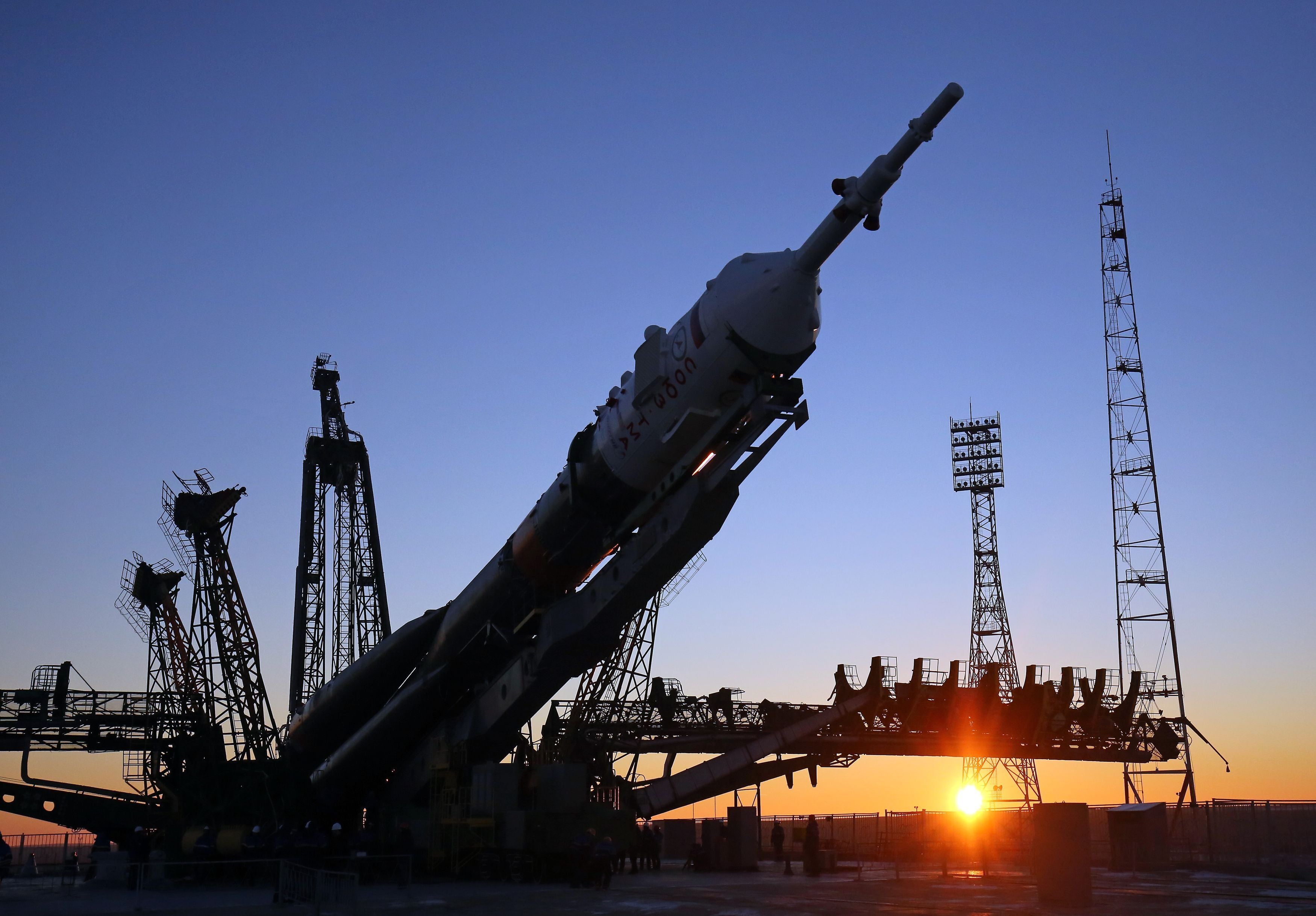Space tourism may have greater impact on climate than aviation industry – study
Researchers looked at the impact of projected space tourism scenarios based on the recent billionaire space race.

Your support helps us to tell the story
From reproductive rights to climate change to Big Tech, The Independent is on the ground when the story is developing. Whether it's investigating the financials of Elon Musk's pro-Trump PAC or producing our latest documentary, 'The A Word', which shines a light on the American women fighting for reproductive rights, we know how important it is to parse out the facts from the messaging.
At such a critical moment in US history, we need reporters on the ground. Your donation allows us to keep sending journalists to speak to both sides of the story.
The Independent is trusted by Americans across the entire political spectrum. And unlike many other quality news outlets, we choose not to lock Americans out of our reporting and analysis with paywalls. We believe quality journalism should be available to everyone, paid for by those who can afford it.
Your support makes all the difference.The space tourism industry may have a greater effect on the climate than the aviation industry if it is unregulated, new research suggests.
According to the study, black carbon (soot) particles emitted by rockets are almost 500 times more efficient at holding heat in the atmosphere than all other sources of soot combined (surface and aircraft).
Researchers from UCL, the University of Cambridge and Massachusetts Institute of Technology (MIT) used a 3D model to explore the impact of rocket launches and re-entry in 2019.
They also looked at the impact of projected space tourism scenarios based on the recent billionaire space race.
Soot particles from rocket launches have a much larger climate effect than aircraft and other Earth-bound sources, so there doesn’t need to be as many rocket launches as international flights to have a similar impact
This resulted in an enhanced effect on the climate.
While the study revealed the current loss of total ozone due to rockets is small, current growth trends around space tourism indicate potential for it to be damaged in the Arctic in spring.
This is because pollutants from solid-fuel rockets and re-entry heating of returning spacecraft and debris are particularly harmful to the stratospheric ozone.
Study co-author Dr Eloise Marais, UCL Geography, said: “Rocket launches are routinely compared to greenhouse gas and air pollutant emissions from the aircraft industry, which we demonstrate in our work is erroneous.
“Soot particles from rocket launches have a much larger climate effect than aircraft and other Earth-bound sources, so there doesn’t need to be as many rocket launches as international flights to have a similar impact.
“What we really need now is a discussion amongst experts on the best strategy for regulating this rapidly growing industry.”
Researchers collected information on the chemicals from all 103 rocket launches in 2019 from across the world, as well as data on reusable rocket and space junk re-entry.
They also used the recent demonstrations by Virgin Galactic, Blue Origin and SpaceX and proposed yearly offerings of at least daily launches by Virgin Galactic to construct a scenario of a future formidable space tourism industry.
These data were then incorporated into a 3D model to explore the impact on climate and the ozone layer.
The team suggests that warming due to soot more than doubles after just three years of additional emissions from space tourism launches.
According to the researchers, this is of particular concern, as when the soot particles are directly injected into the upper atmosphere they have a much greater effect on climate than other soot sources – with the particles 500 times more efficient at retaining heat.
We weren’t expecting to see ozone changes of this magnitude, threatening the progress of ozone recovery
Under a scenario of daily or weekly space tourism rocket launches, the impact on the stratospheric ozone layer threatens to undermine the recovery that has taken place after the successful implementation of the Montreal Protocol, the study suggests.
Study lead author Dr Robert Ryan, UCL Geography, said: “The only part of the atmosphere showing strong ozone recovery post-Montreal Protocol is the upper stratosphere, and that is exactly where the impact of rocket emissions will hit hardest.
“We weren’t expecting to see ozone changes of this magnitude, threatening the progress of ozone recovery.
“There is still a lot we need to find out about the influence of rocket launch and re-entry emissions on the atmosphere – in particular, the future size of the industry and the types and by-products of new fuels like liquid methane and bio-derived fuels.
“This study allows us to enter the new era of space tourism with our eyes wide open to the potential impacts.
“The conversation about regulating the environmental impact of the space launch industry needs to start now so we can minimise harm to the stratospheric ozone layer and climate.”
The findings are published in the Earth’s Future journal.